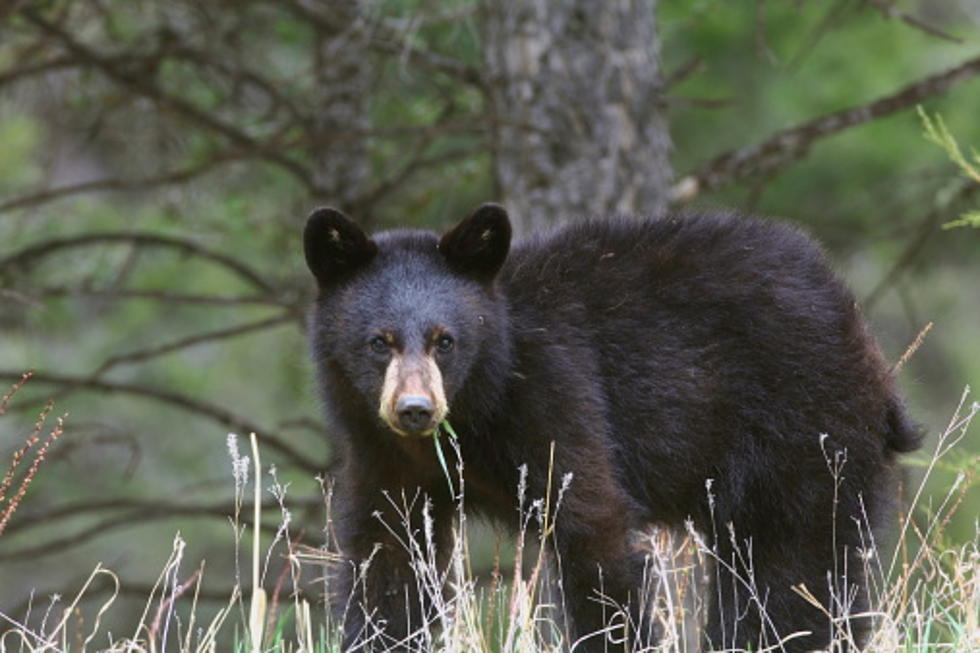
Not So Cuddly: Dighton Bear Sightings Prompt PSA
DIGHTON — Police in Dighton are sharing safety tips for residents after multiple bear sightings have been reported in the area recently.
Police said in recent days they've received numerous reports of bear sightings in Dighton.
In all cases, the bear eventually wandered off and did not harm or interact with anyone.

But police warn that bears and other wild animals can be dangerous and urge residents to take precautions and avoid interacting with wild or sick animals.
"While we've had no instances of bears interacting with or harming residents in Dighton yet, out of an abundance of caution we would like to share the following safety tips with residents," Police Chief Robert MacDonald said.
"Bear sightings do not indicate a threat to public safety as they share the lands with us, but we should all be aware of best practices to take at our homes and businesses in order to safely coexist with wildlife."
If you see any animal behaving oddly or aggressively, or if you or your pet have interacted with a wild animal or have received a scratch or bite from any animal, contact animal control.
Dighton's Animal Control Officer is Stacy Ferry and can be reached at 774-218-5340 or animalcontrol@dighton-ma.gov.
Black Bear Safety Tips
Those who live in an area with bears would do best to not set out bird feeders.
Most bears generally hibernate from mid-December through February.
If you choose to put out bird feeders, doing so during this time may decrease the chance of a bear coming to your feeder.
In mild winters, some bears may be active year-round.
Bring in any feeders at the first sign of bear activity.
Other tips include securing trash in closed containers in a garage or outbuilding and putting barrels out the morning of trash pickup, not the previous evening; removing possible food sources, like outside pet food, greasy barbecues and grills, food scraps, grease containers, or spilled grease; and using temporary electric fencing to protect crops and orchards.
According to the Massachusetts Division of Fisheries and Wildlife, a bear’s first response to something unusual is to leave.
If a bear is eating in a residential area or somewhere it doesn't belong, step outside, yell, and make lots of noise.
The bear will usually leave — although habituated bears may ignore minor harassment.
Anyone who keeps seeing bears should check their property and remove any potential food sources.
No, You Can't Keep the Bear. But Here's a List of Massachusetts Wildlife You Can Legally Take Home
Here's a List of All the Snakes Native to Massachusetts (Two Can Kill You)
More From WBSM-AM/AM 1420









